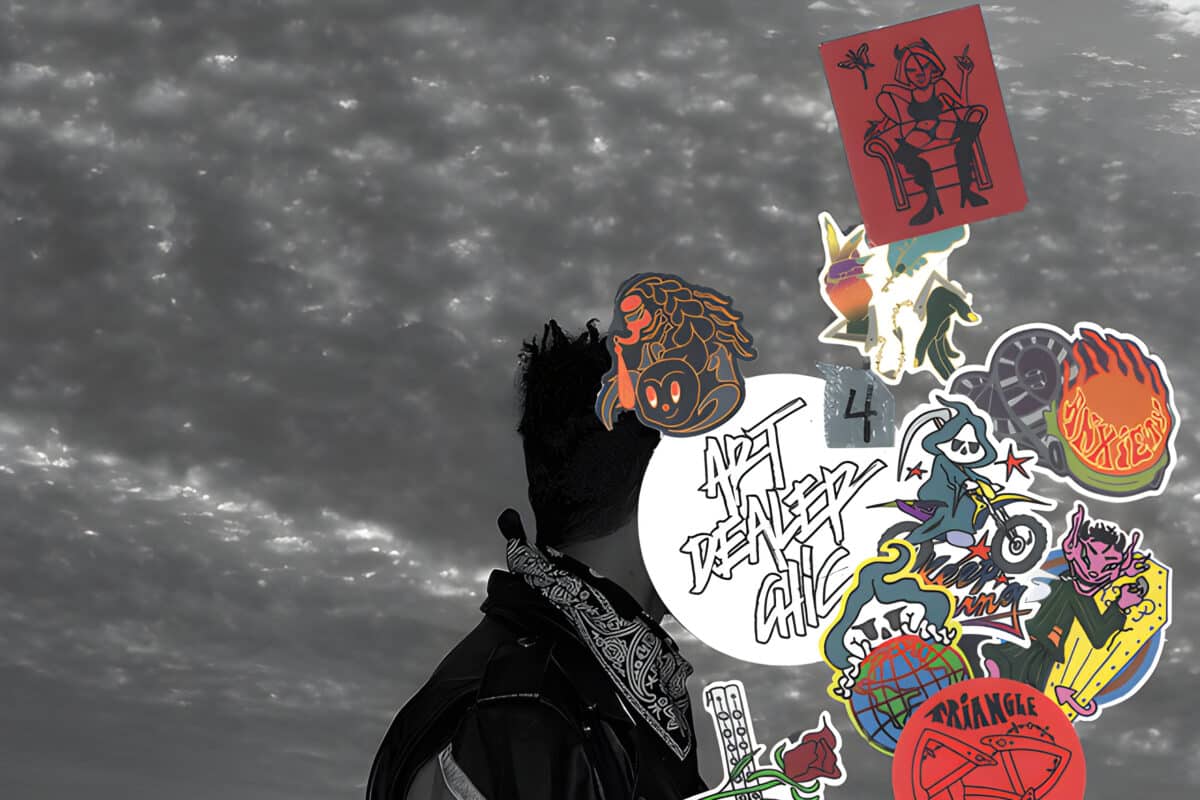Released: 2021
“So I Lie” by Miguel is a deeply introspective song that dives into the complexities of human emotion and the fear of vulnerability. Miguel explores themes of self-deception and the external masks people wear to protect their innermost feelings, even as these protective layers crumble. Throughout the song, he reveals an inner struggle with authenticity, exposing the painful dissonance between how one presents themselves to the world versus the hidden truths they keep within.
In the hook, Miguel immediately delves into a theme that runs throughout the song – the juxtaposition of external laughter with internal despair. “Peel me apart, all my layers,” he sings, pointing to a desire to strip away the pretenses and confront raw truths. The following lines touch upon societal expectations – “Laugh now, and cry later” – underscoring the pressure to maintain an upbeat exterior while grappling with hidden emotions.
As Miguel progresses to the verse, the narrative intensifies. He reflects on the adage, “Laugh and the world will laugh too; Cry and the world laughs at you, girl.” This suggests a universal truth about societal perceptions; happiness is shared and embraced, whereas vulnerability often leads to isolation and ridicule. Hence, Miguel chooses to “lie to myself,” afraid of the honest self-reflection that could unravel the carefully constructed persona he presents to others.
In the chorus, the artist expands on the theme of concealment, not just to himself, but also to friends. He confesses that this facade is just “a shell of who I am,” highlighting a detachment from his true identity due to these perpetual lies. This honesty within his confession creates an emotional connection, resonating with anyone who has felt the need to hide their real selves for fear of judgment or rejection.
Miguel’s narrative takes a deeper dive in the subsequent verses. “I can barely breathe treading water, Smile on my face while I’m turning blue,” he declares. This vivid imagery paints a picture of someone overwhelmed, trying desperately to keep afloat amid suffocating emotions. Despite this struggle, societal pressures echo back – “Nobody cares, just work harder” – reflecting the harsh indifference to personal battles in the face of public success.
The bridge marks a turning point in the narrative, addressing the poisonous effects of continuous deception. “‘Til the voided faults and doubts mutate to poison, And loaded thoughts explode at ones I love,” he confesses. Miguel acknowledges that unchecked self-deception not only harms oneself but also those around us. It’s a candid admission of the impact that dishonesty can have on relationships and personal well-being.
Further into the song, Miguel yearns to face his true self. Yet, the cycle of running away continues as he admits to reverting to “shifty patterns.” The lines, “I wanna face myself, but I keep running,” reflect the tug-of-war between wanting to embrace authenticity and the ingrained habit of avoidance.
By revisiting the hook and chorus, Miguel reiterates the theme of internal conflict and external facade. This time, the emotional depth intensifies as he acknowledges being “afraid of how I feel” to both himself and to his friends, reinforcing the earlier admission of this disconnect between inner truth and outer projection.
The final part of the song brings a stark revelation. Miguel comes to terms with his own inaction – “I’m not complaining, I’m just chilling from not dealing with myself,” he declares, identifying the “villain in my soul” as his inability to confront his emotions and a dislike for seeking help. This honest self-assessment offers a sense of closure to the introspective journey, accepting the challenges in the path towards self-realization.
“So I Lie” ultimately captures the human struggle with vulnerability and truth. Through his eloquent lyrics, Miguel delves into the inherent contradictions within, between maintaining societal expectations and the genuine pursuit of self-discovery. His narrative not only highlights personal battles but also speaks to the broader theme of authenticity in an era of masks and façades, leaving the listener with a reflective contemplation of their own internal lies.








